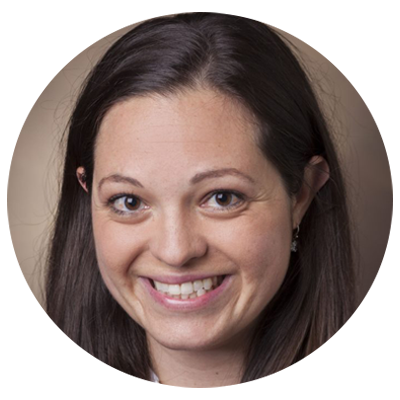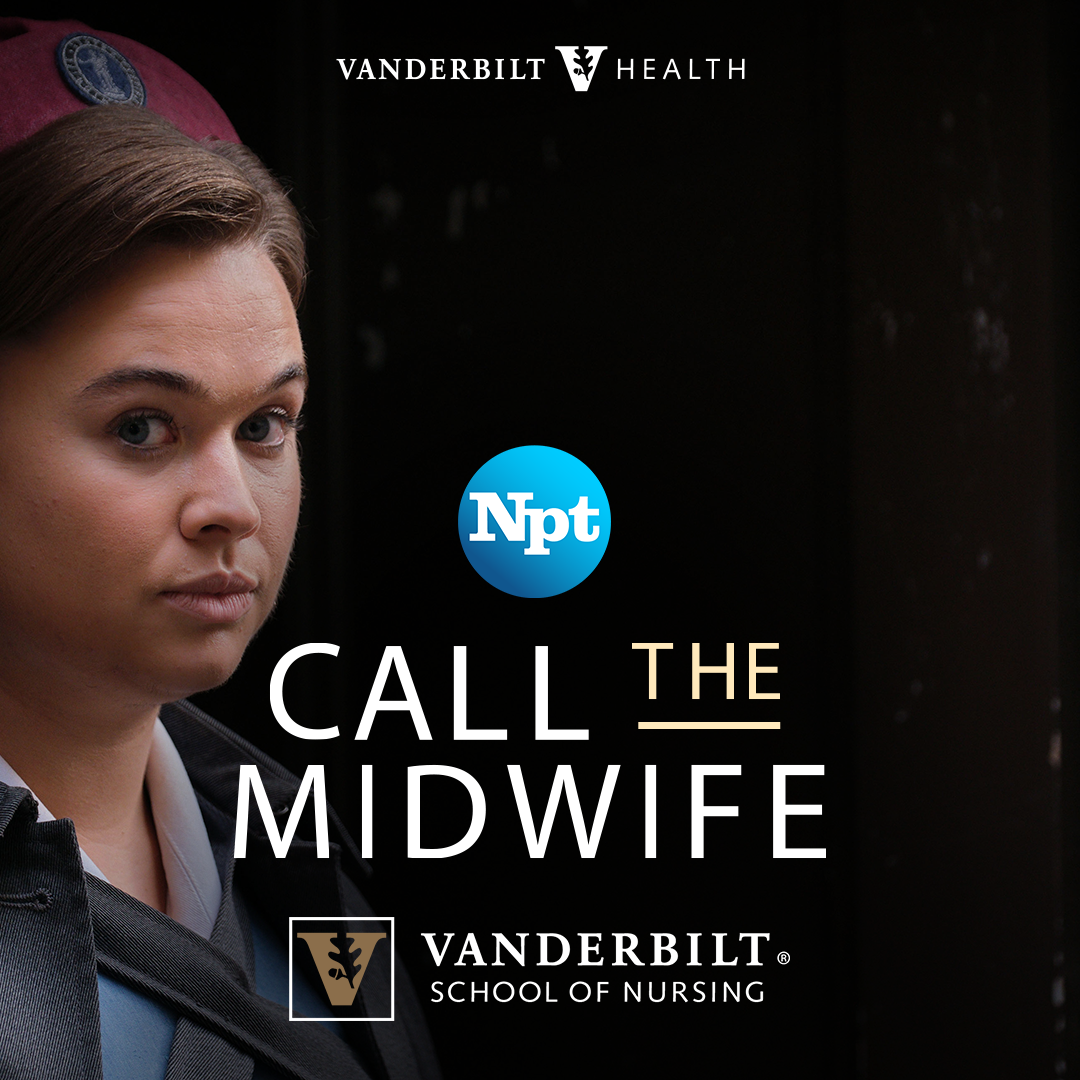
Call the Midwife is back for its 11th season and so are the faculty of the Vanderbilt University School of Nursing to provide historical and contemporary context in a weekly recap blog. Watch the show Sundays at 7 p.m. through May 8. SPOILER ALERT: Some posts may contain plot details.
When people ask me what it’s like to be a midwife, I usually bring up the happiness and joy of walking through pregnancy and birth with patients. And that is true, much of the job is positive. But what I tend not to talk about is the emotional toll of being a midwife.
In this week’s episode, Lucille continues to struggle with her early pregnancy loss. She is angry and doesn’t want to talk about her pain with her husband or with any of the other midwives. It is nearly impossible for her to provide compassionate pregnancy care for another woman, when she herself has just lost a pregnancy.
Shelagh is also emotional as she deals with a very difficult case. She is there with Clover, a young woman who is squatting in an abandoned warehouse, as she gives birth to a baby. Shelagh thinks on her feet and uses her experience to help Clover, despite being alone in incredibly unsafe and unsanitary conditions. She later admits that she was the most frightened she had ever been when she realized Clover’s baby was born with gastroschisis, a condition in which the baby’s intestines are outside of the body.
While what Lucille and Shelagh are going through is very different, I relate so much to the ache both feel. Personal experiences related to the job, as well as traumatic patient encounters, can sit with us. When patient situations come up that have recently happened in our own lives or remind of us of a pain that a close friend or family member has gone through, it can be almost unbearable to be reminded of the situation.
Like Shelagh, I’ve also been in situations where I have been terrified that the care I was providing wasn’t enough or “tested me to the limit.” Scared that a baby I delivered wasn’t going to survive. Even though I logically knew there was nothing more I could have done to protect my patient or her baby, it is a burden I carry with me even years later.
This emotional toll can be intense. There is so much magic to the job: We are present in the beautiful life-changing moments to usher new life into the world, and we are also there for the most heartbreaking and earth-shattering moments to witness a life that ended too soon or would never be. Each of these are precious and important. But how can we carry the heaviness of these emotions with us? Those heavy moments — both beautiful and heartbreaking — sit in our hearts.
For this I turn to my sister midwives. I am so immensely grateful for the community of midwives I have worked with and love. We are each other’s anchors and light houses. I trust them with my pain and burdens. They remind me of my strength and knowledge. They encourage me to keep providing excellent care after a personal or professional challenge.
As always, I love taking the beautiful advice of Sister Monica Joan: “Sometimes we show our true strength by acknowledging our weaknesses,” she tells Cyril. It takes incredible strength to show our pain and it is imperative that we address it and work through it. I couldn’t do that without the sisterhood of the other midwives in my life.

Hannah Diaz, DNP, MSN, CNM, is a member of the Vanderbilt Nurse-Midwives & Primary Care for Women at Melrose, the clinical practice of the Vanderbilt University School of Nursing.
